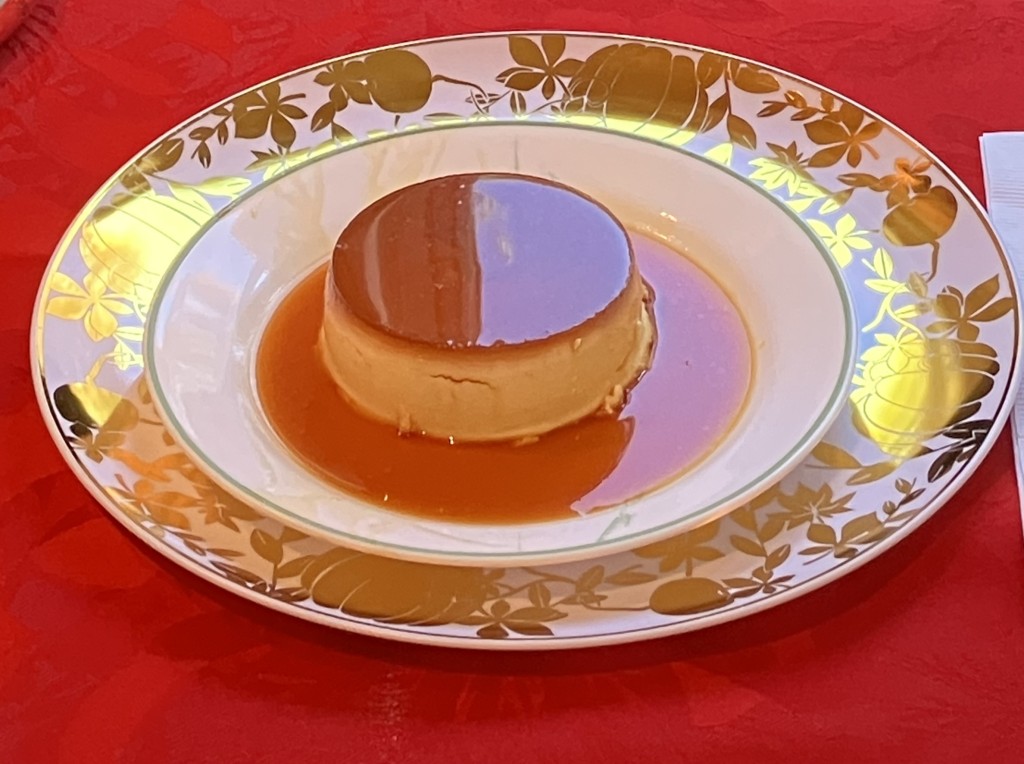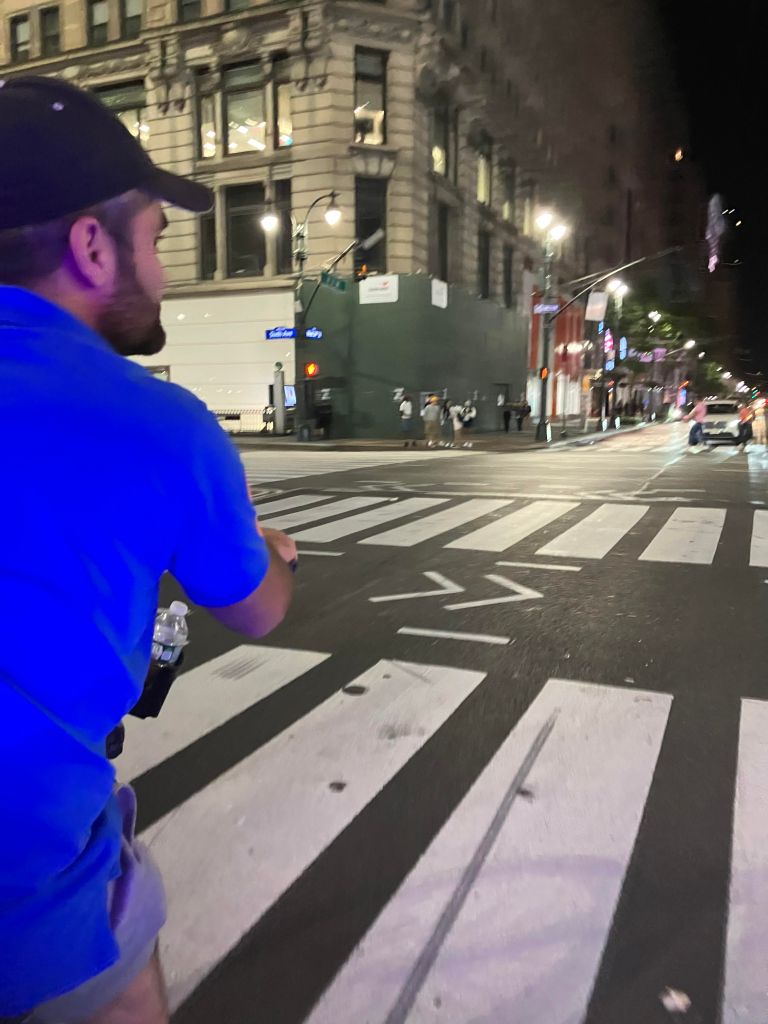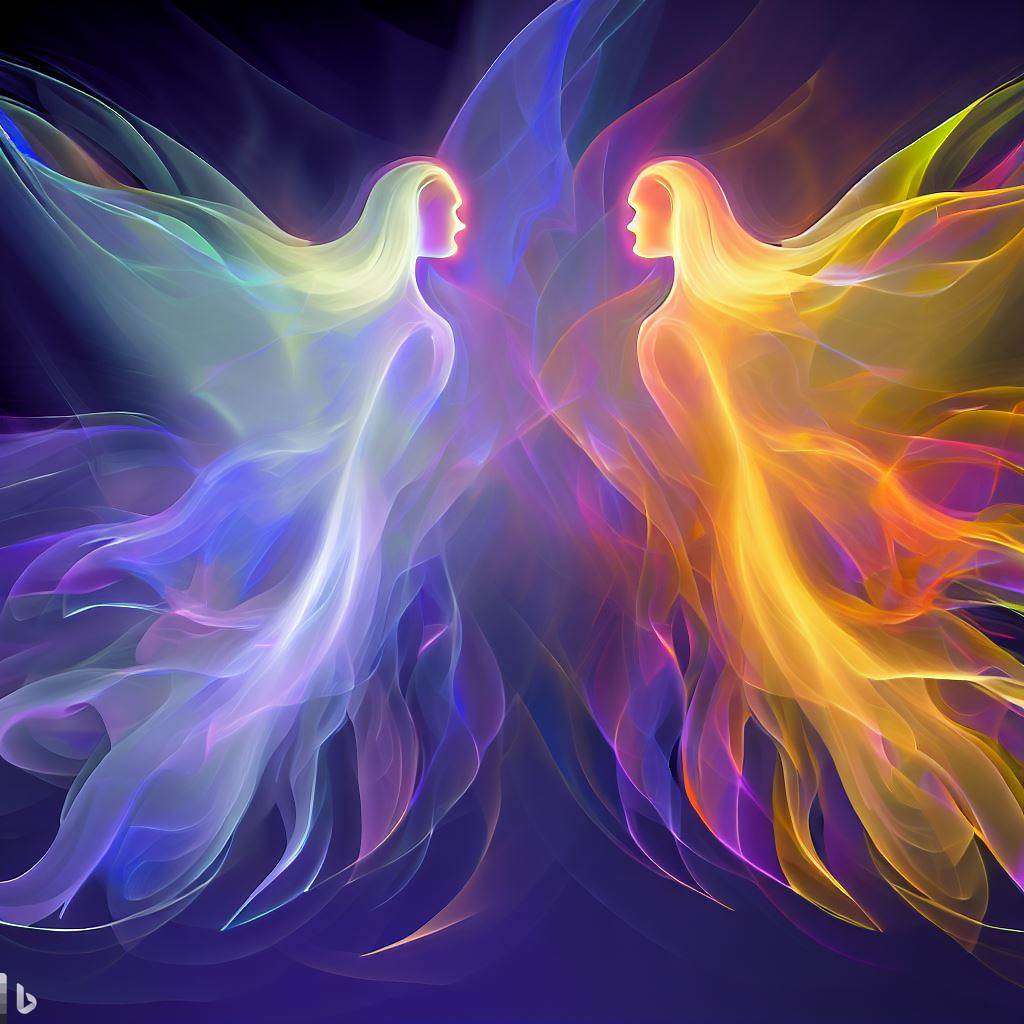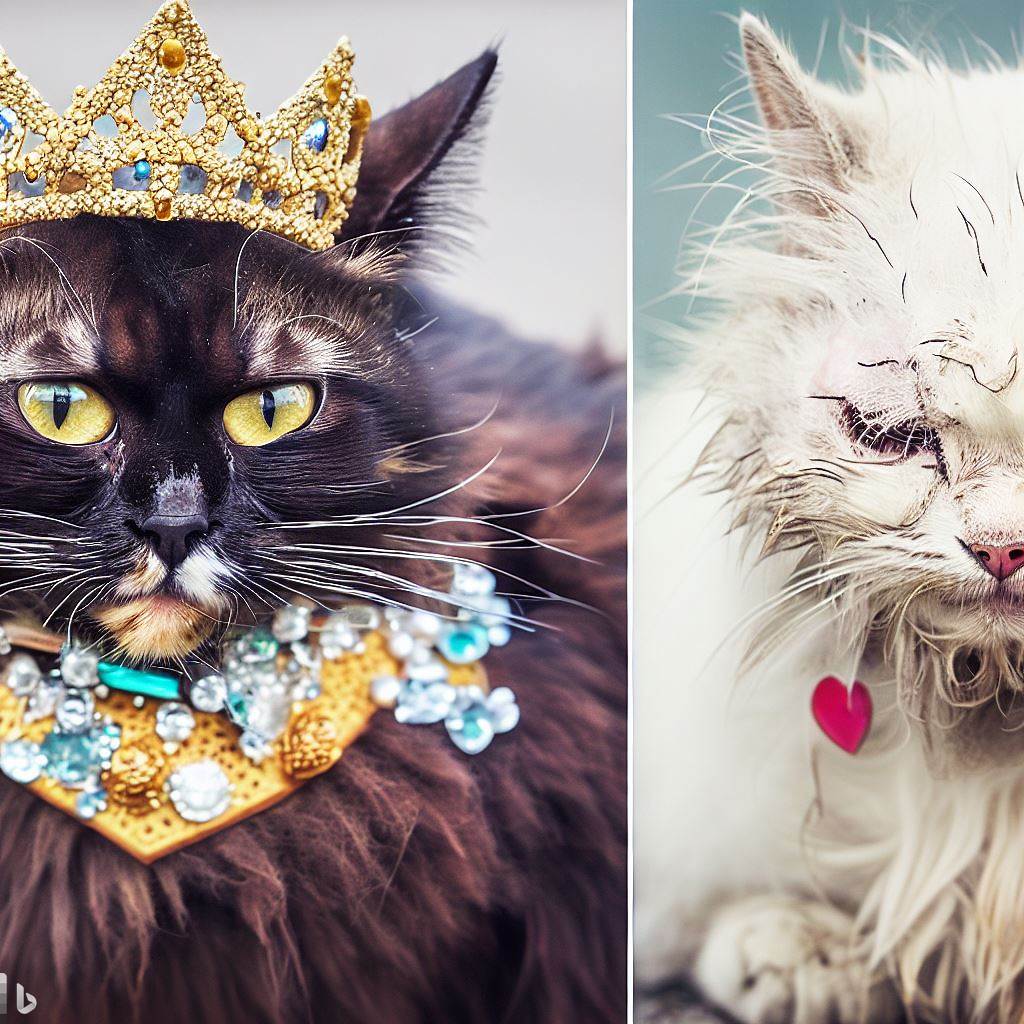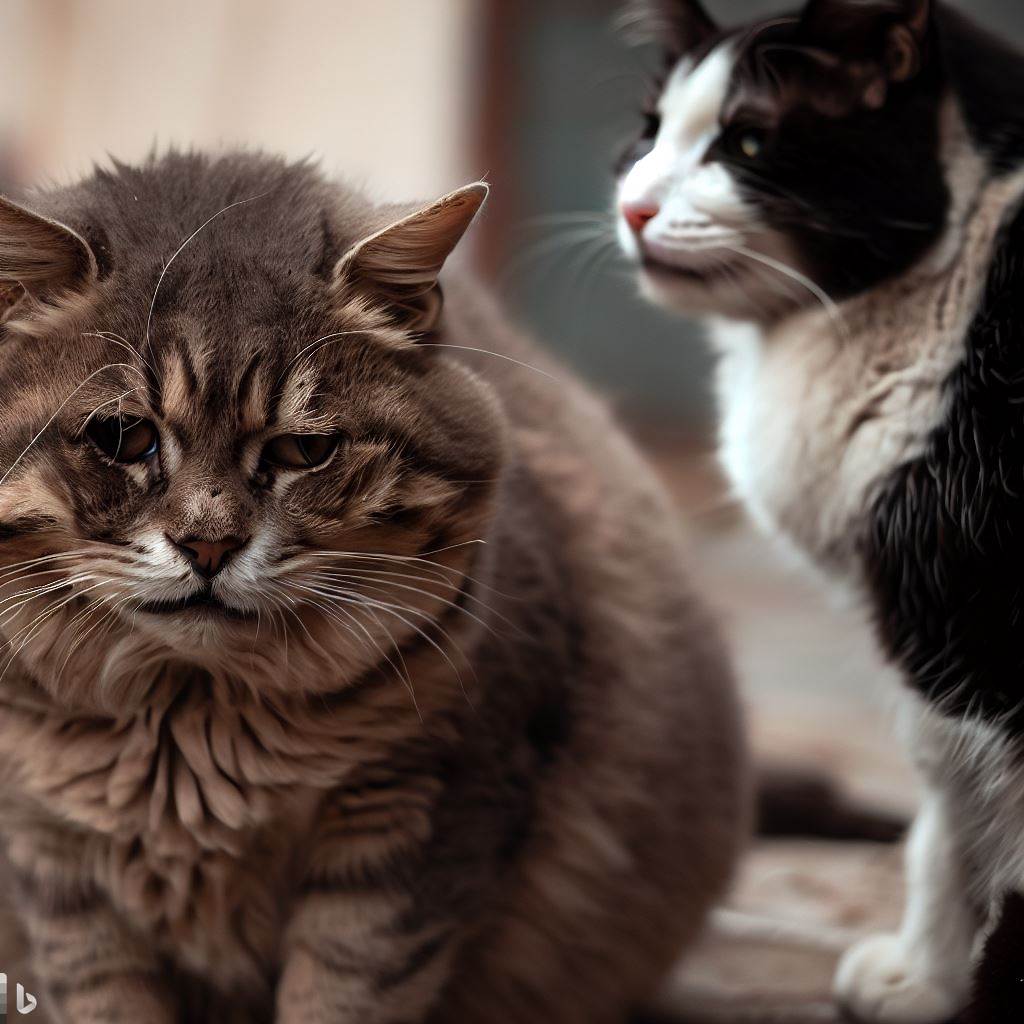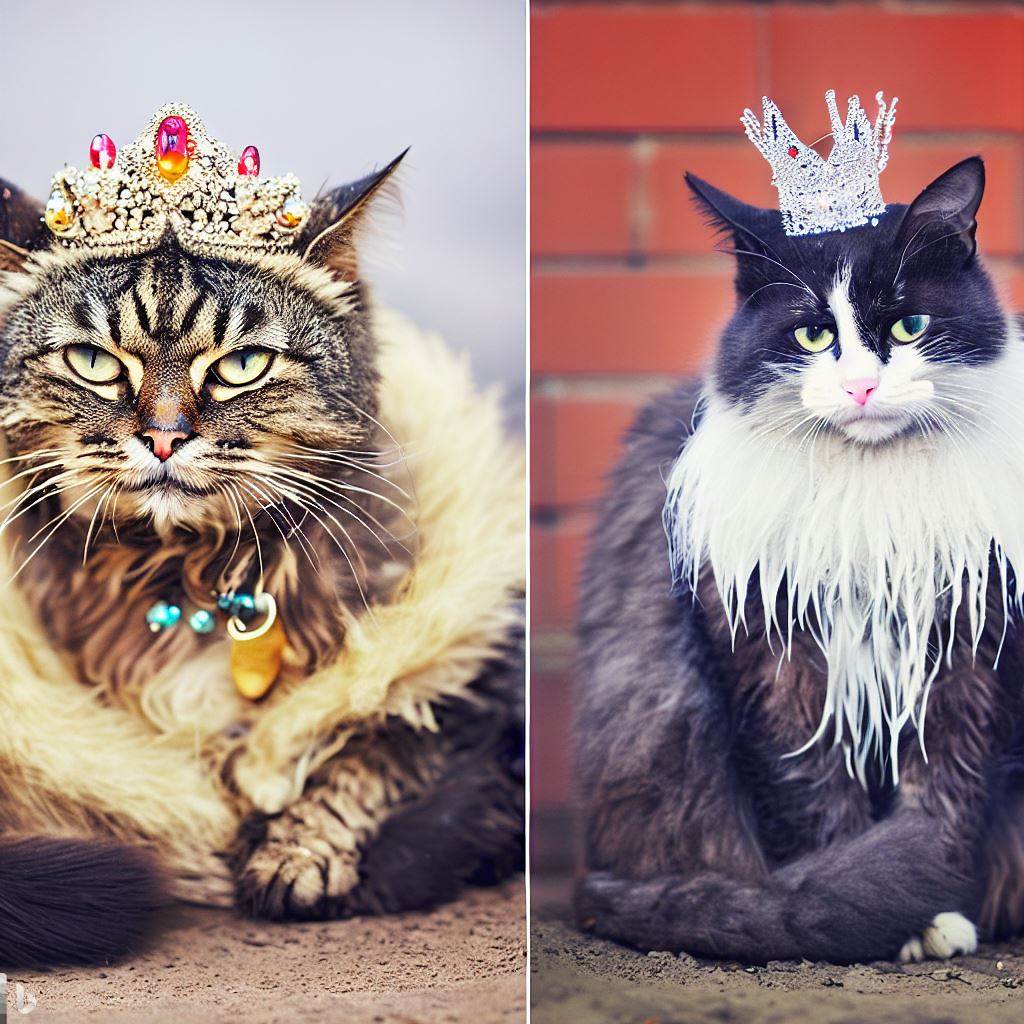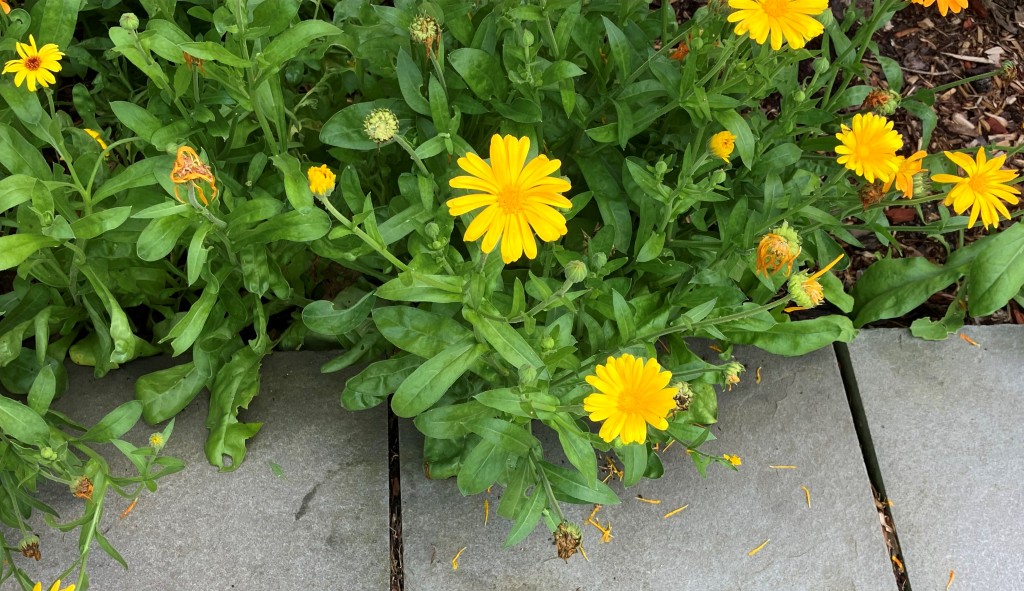My friend Denis M., now long retired, was not just a lawyer, but a champion for justice and certainly a pillar of support in my personal life. To this day, I consider him an important mentor who imparted invaluable lessons that have guided me through life’s turbulent waters.
I will always remember his sharing about the morning when his brisk walk to the courthouse was abruptly halted by a foul odor. His eyes darted to the source, and there, amid the manicured lawn, lay an unsightly pile of human feces. His shock was quickly replaced by a surge of anger that coursed through his veins. Fists clenched tightly, he paced the grounds, his heavy footsteps echoing his fury. With each turn, his face grew flushed, his burning desire was to identify the culprit who had dared to defile his path.
After about ten minutes of scouring the courthouse grounds, he was so emotionally shaken that he sat down on a bench to try and catch his breath. As his heart rate slowed and his breathing steadied, his thoughts turned to the perpetrator of this vile act. He wondered what kind of person could commit such a senseless, disrespectful deed. The more he pondered the individual, the more empathy he felt. He envisioned a life devoid of self-respect, a soul trapped in a state of emptiness, incapable of comprehending the degrading nature of his or her actions.
Rather than condemning the individual, Denis felt a surge of compassion. He saw a lost soul, a human being in desperate need of guidance and understanding. His anger gradually gave way to a sense of melancholy, a realization that the true tragedy lay not in the act itself, but in the desolate state of mind that drove it.
As Denis finished recounting his tale, a wave of understanding washed over me. It was like a door in my mind creaked open, allowing in a flood of light that dispelled the shadows of long-held, rigid perceptions. Forgiveness, once a distant concept shrouded in judgment, suddenly felt attainable, even desirable.
This newfound clarity manifested itself in subtle yet profound ways over the years that changed my life. Take last Sunday, for instance. I found myself drawn back to the familiar pews of my childhood church, a place I usually avoid since our family tragedy in 2019, especially when I feel emotionally exposed.
As it went, I found out that one of the parishioners, a woman in her 70s, had lost her husband, about the same age as herself. After the liturgy, my sole desire was to offer my condolences. My heart ached for her, and for her son, a man I hadn’t seen in 20 years, who stood beside her in the church hall, his grief a stoic shadow. I approached them, eager to offer comfort, and not only to share the simple truth of her son being a fine young man, but knowing how it was to lose a father when I was around his same age.
But before I could utter a greeting, the woman descended upon me. Her words tumbled out like a torrent, each one a sharp stone flung at me. “Forty-four years, that’s a long time. I had my husband for a long time,” she rasped, her voice cracking like dry leaves. “That’s a long time. But a child? Losing a child…nothing compares. It’s the worst thing, the absolute worst…”
Her son, his face etched with sorrow, simply watched.
My tiny voice, unfamiliar to my ears, piped up, “All grief is justified.”
The woman ignored me as she continued, her black eyes flickering. “I don’t know how you survive. How you get out of bed each day.” Her tirade was like a broken record. “I don’t know how you go on. How you face the day.” Her gaze, raw and accusatory, pinned me like a butterfly under glass.
“Should I just self-destruct then?” I almost retorted with a bitter humor. The thought of crumbling in front of her, offering myself as a sacrifice to her anguish, felt perversely tempting.
Her son, shoulders slumped under the weight of the woman’s emotional meltdown, his own grief shoved to a backseat, simply shook his head compassionately at me. His apology, whether for his mother’s behavior or for my being plowed over by her words, hung heavy in the air.
The air crackled with her sudden curiosity. “How’s your daughter?” she asked, her voice like a spark.
“Great!” I barked.
Leaving a house of worship should be an act of renewal, a shared understanding that even in the face of darkness, there’s a flicker of light, a whisper of hope. But this woman, she seemed to believe the very walls of the church were a shield, a fortress against the inevitable.
As I settled into the familiar embrace of my son’s car, my anger simmered. In a flash, I remembered: a leopard-print shirt, skin-tight pants, spike heels, the stage lights blindingly bright. My stand-up days, a time when humor was a shield, a weapon even.
So I channeled that young, brash 20s version of myself, the one who in the 80s faced hecklers and self-doubt with a joke and a wink.
“I don’t know how I survive, lady?” I imagined myself saying in a comedy routine, a mischievous glint in my eye. “Well, let me tell you, two days ago, I brought down the Christmas tree and old decorations. Post-tragedy stuff that had been dorment in the attic for four years, mind you. And revisiting the holiday time capsules attached to so many poignant memories, I couldn’t bare the thought of surviving one more day. And with people like you around, even the luckiest among us will feel driven to ask Santa for a stash of spiked eggnog to keep the holiday spirit bright. Cheers to surviving another season of crazy crazies, uh, I mean, Christmas cheers!”
Hardy har har.
Some say the funniest people are the ones who’ve hopped through fire. Now I understand why. But it’s not funny, really. It’s a wound, a gaping hole in the soul, masked by a thin veneer of laughter.
But this time, something felt different. A newfound strength, perhaps, or maybe a flicker of Denis’s own empathy, guided me through, while the barnacles of disdain began to loosen their grip. Forgiveness, once an abstract notion, morphed into a tangible practice. It wasn’t about condoning the actions of others; it was about releasing myself from the shackles of resentment.

I wouldn’t call it an overnight transformation, but a seed had been planted, nurtured by Denis’s example, and so many others like them over these years, along with my own mental capacity and willingness to open the door to compassion and follow the examples of my past mentors.
As I arrived home, the sunlight felt a little warmer, not just on my skin, but on my soul. The woman’s words still stung, but they also sparked a different kind of fire within me – a fire of defiance, of refusal. I wouldn’t let her define me, wouldn’t let her armor-plated judgment cast a shadow over my journey toward forgiveness. I would just see her as another soul trapped in a state of emptiness; her despair spilling over and soiling the lives of those around her.
The echo of “All grief is justified” resonated within. Her son, too, carried the weight of losing his father, yet I could discern in his compassionate gaze how he held space for empathy. And maybe, just maybe, that was the key.
Maybe, just maybe, I could carve out my own space, reclaiming the ability to laugh, not at the absurdity of life, but with it, despite it, even in the face of the woman and so many like her that I’ve encountered.
So, yes, the woman may have left a mark, but it won’t be a scar, it will be a tattoo. A reminder of the day that led me to decide to rise, to laugh, to forgive, to be in Denis’ league, and a leopard in the pews, not afraid to show my spots, not afraid to offer a hand to the woman drowning in her own inconsolable darkness.
Because in the end, isn’t that what true faith is? Not the absence of hardship and tragedy, but the unwavering belief that even in the cracks, even in the shadows, even in the face of the woman with the black eyes, we have the power to choose love. And that, my friends, is a story worth writing, a story worth laughing at, a story worth living — at least for one more day, just one more day.
All rights reserved. Unauthorized use and/or duplication of this material without express and written permission from the author is strictly prohibited.





